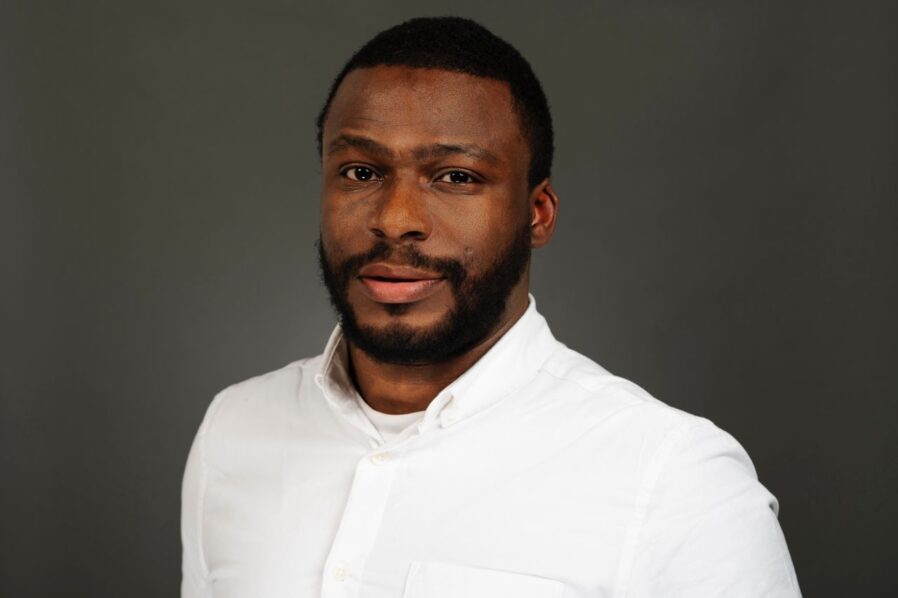TRANSITION School, a UK-based education technology (EdTech) advocacy startup, has said educational technology holds the key to bridging Nigeria’s educational divide.
Speaking at a roundtable talk on the ‘Impact of EdTech around the World’, organised by Transition School, co-founder of the startup, Mr Mahmood Owolabi, highlighted the transformative potential of EdTech in addressing Nigeria’s educational challenges.
He said: “EdTech provides scalable solutions to bridge gaps in resources and access, which are crucial for Nigeria to meet the needs of its growing student population.
“Given the ongoing issues of resource shortages, teacher deficits, and overcrowded classrooms, EdTech stands out as a transformative solution. By adopting scalable and cost-effective technology platforms, we can empower students nationwide, ensuring they have access to quality education regardless of their location or socioeconomic status.”
Owolabi further argued that the integration of EdTech, coupled with infrastructure investments, would offer a sustainable path to equipping Nigeria’s youths with the skills necessary for the future.
“By integrating EdTech into our educational framework, we can offer personalised learning experiences that are both accessible and affordable, especially for students in underserved regions,” he stated.
Owolabi noted that Nigeria’s education sector had been unstable for many years due to limited resources, saying: “EdTech offers scalable, affordable solutions that can equip millions of young Nigerians with the tools they need to thrive in today’s digital world.”
Owolabi’s statements come in response to the growing demands on Nigeria’s education infrastructure. With Africa’s youth population expected to represent over 40 per cent of the global total by 2030, Owolabi believes that adopting EdTech as part of the country’s education strategy is essential. “The inclusion of EdTech in Nigeria’s education system is not just an option—it’s a necessity to ensure long-term stability and growth, aligning with the Sustainable Development Goals (SDGs).”
Highlighting existing initiatives such as Nigeria’s Edukoya and ULesson platforms, Owolabi noted that online learning tools have already made significant strides in offering accessible education. “These platforms are creating pathways for K-12 students to access 24/7 learning support and exam preparation,” he said, “and they serve as models for future EdTech integration.”
However, Owolabi pointed out the persistent challenge of the digital divide, with only 27 per cent of sub-Saharan Africa having internet access. “To truly capitalize on EdTech’s potential, we must invest in building robust digital infrastructure and ensuring equitable internet access for all students,” he explained. He further called on the Nigerian government, private sector, and civil society to collaborate on closing this gap.
Despite these hurdles, Owolabi is optimistic about Nigeria’s future in education. “With the right investments and strategic partnerships, Nigeria can make a giant leap forward. EdTech will be pivotal in securing the country’s educational future and ensuring inclusive growth across the continent.”







